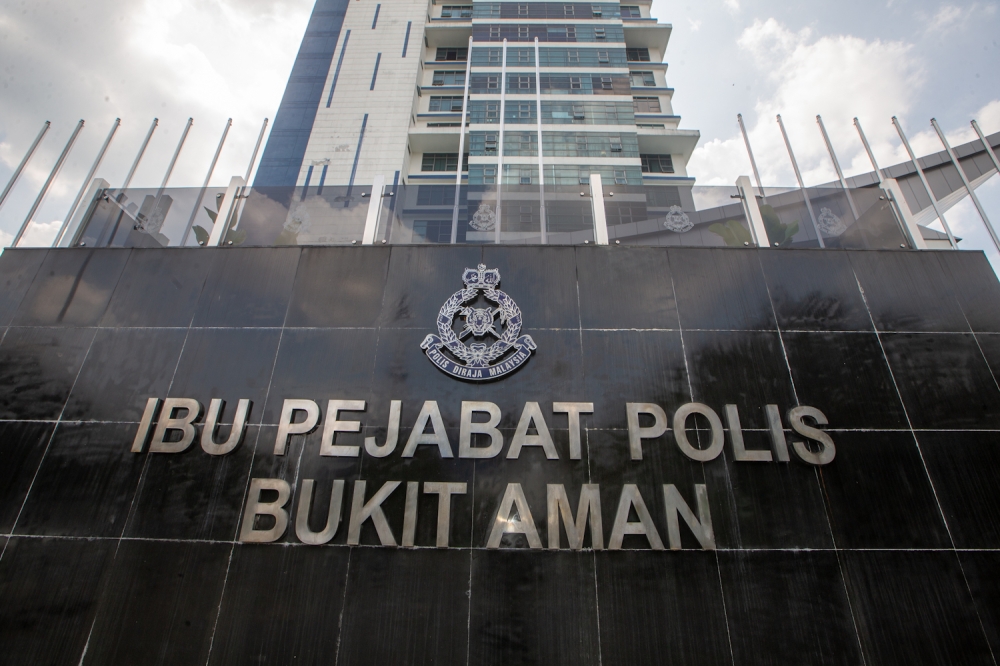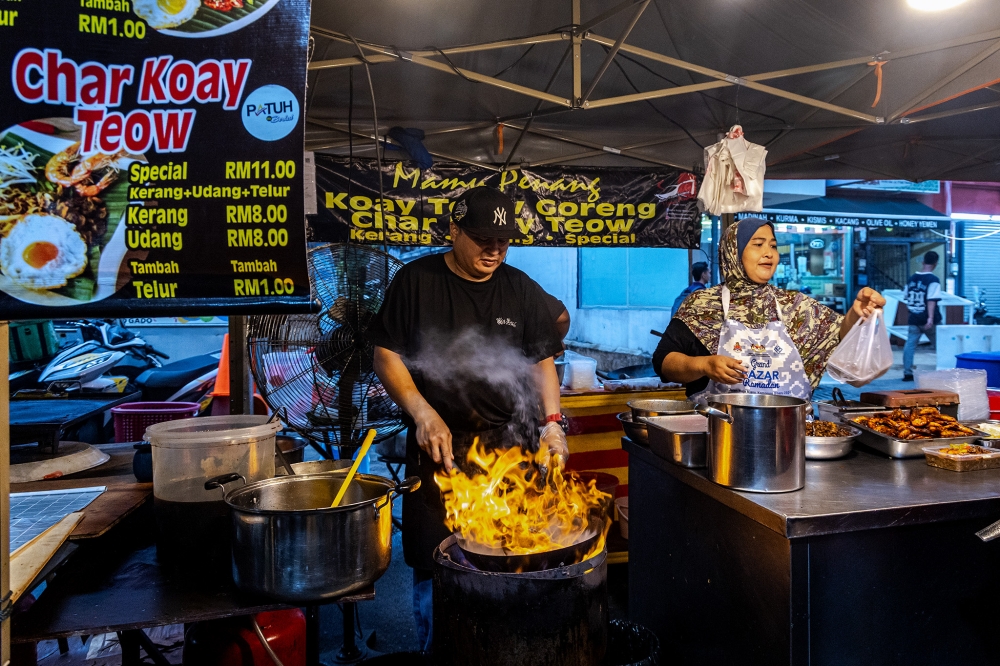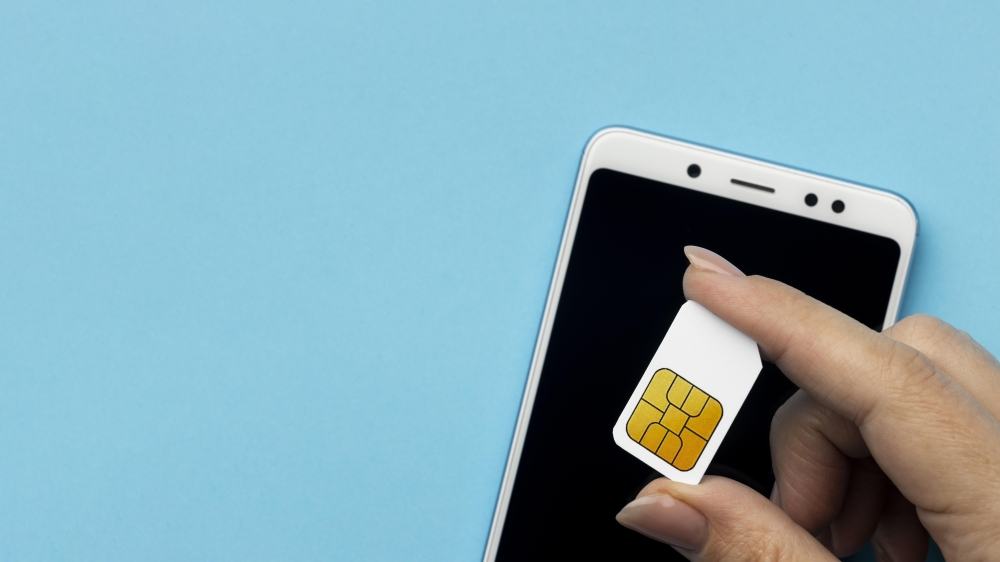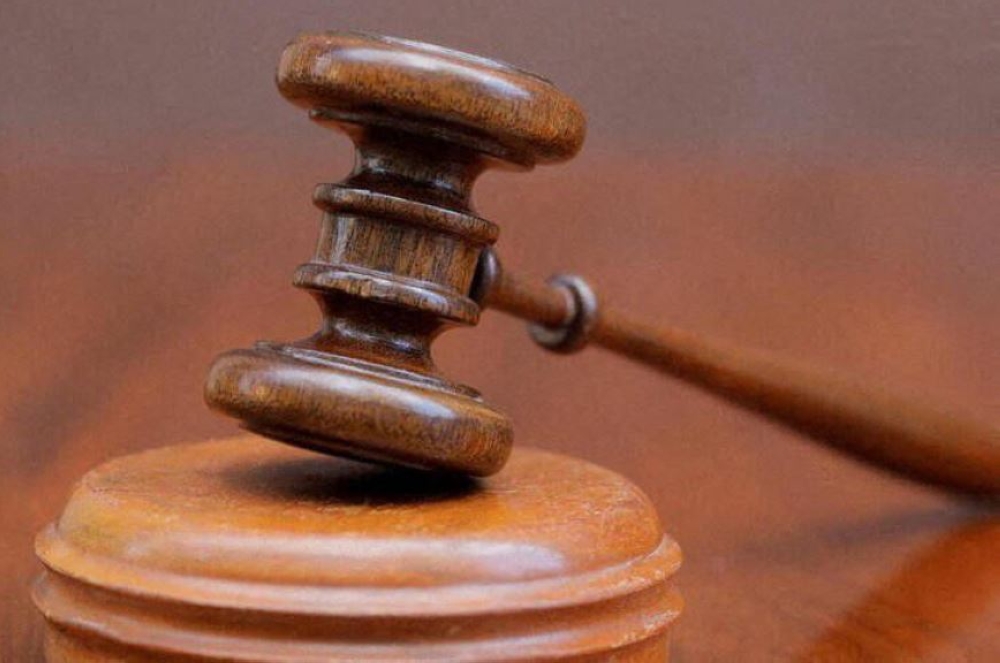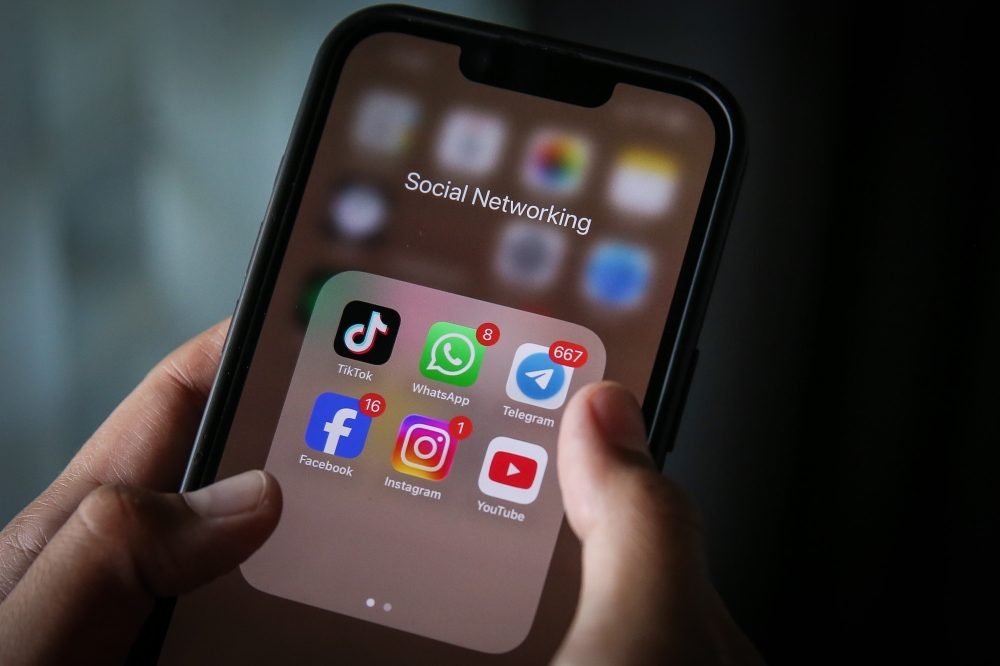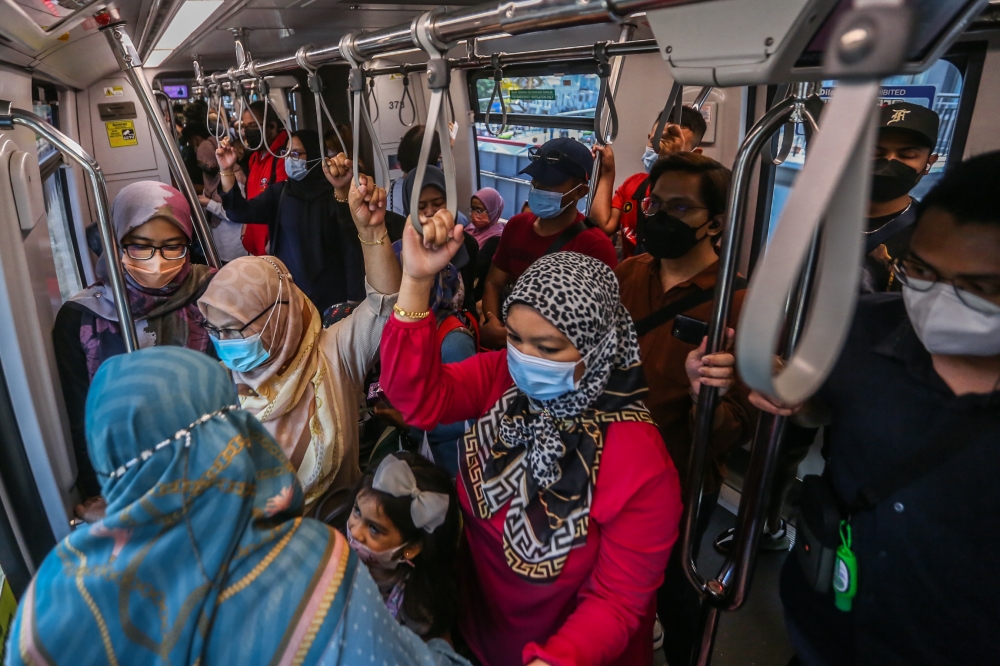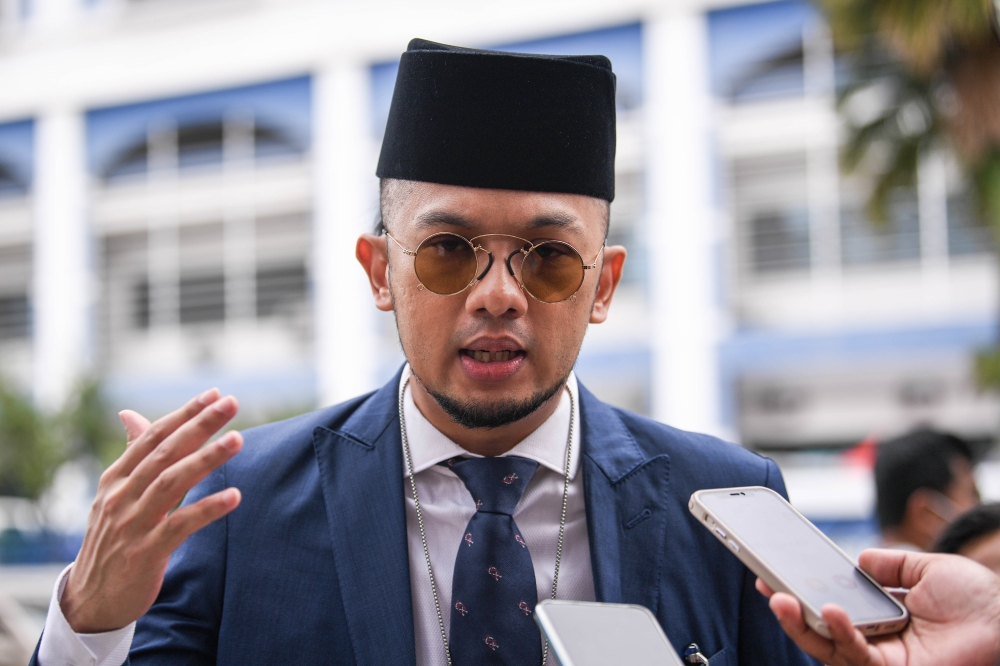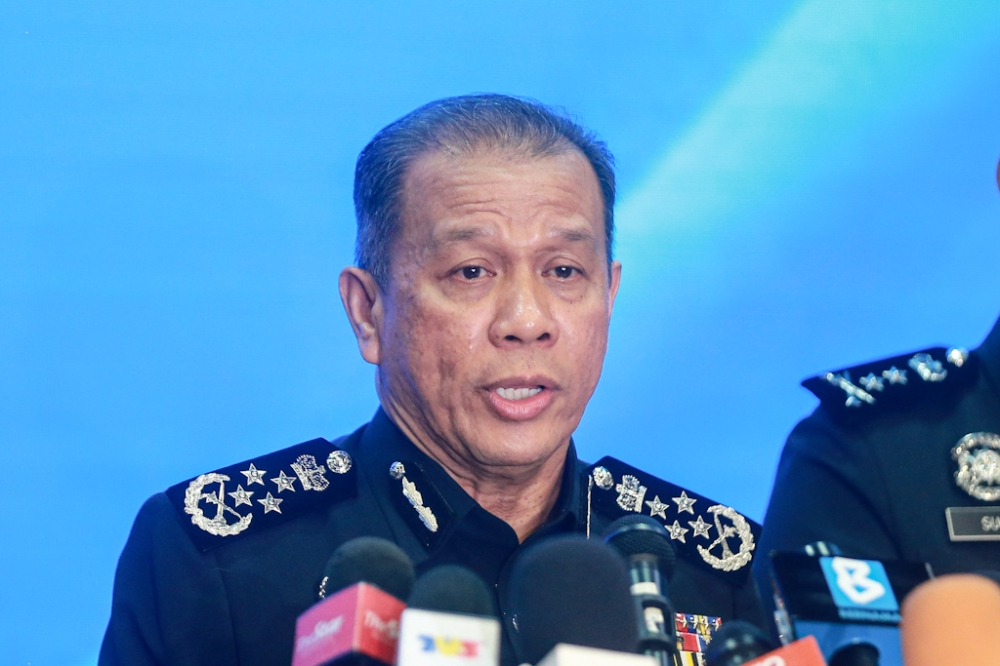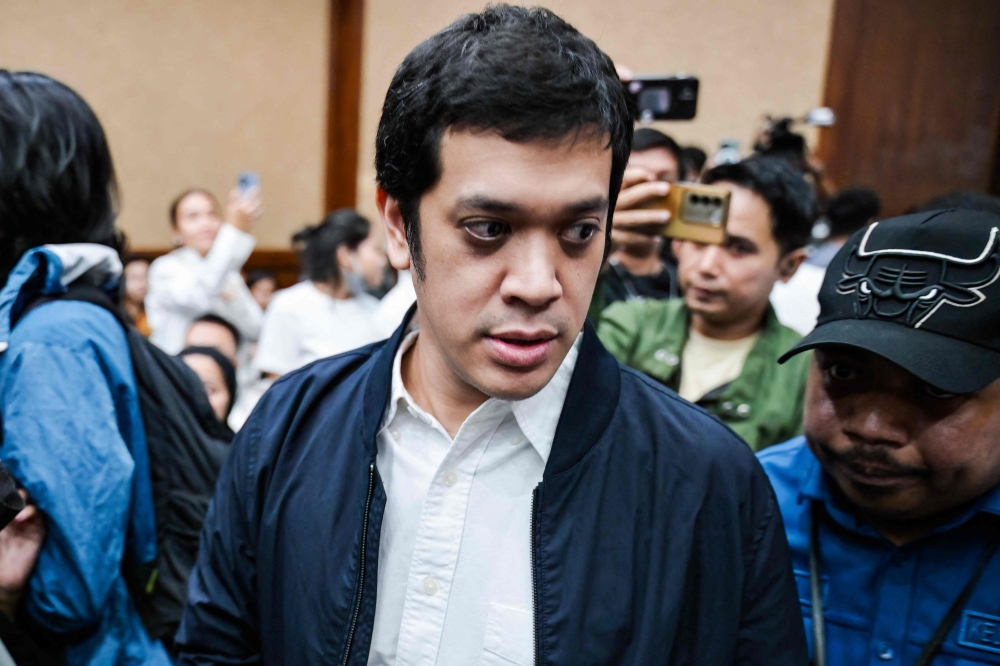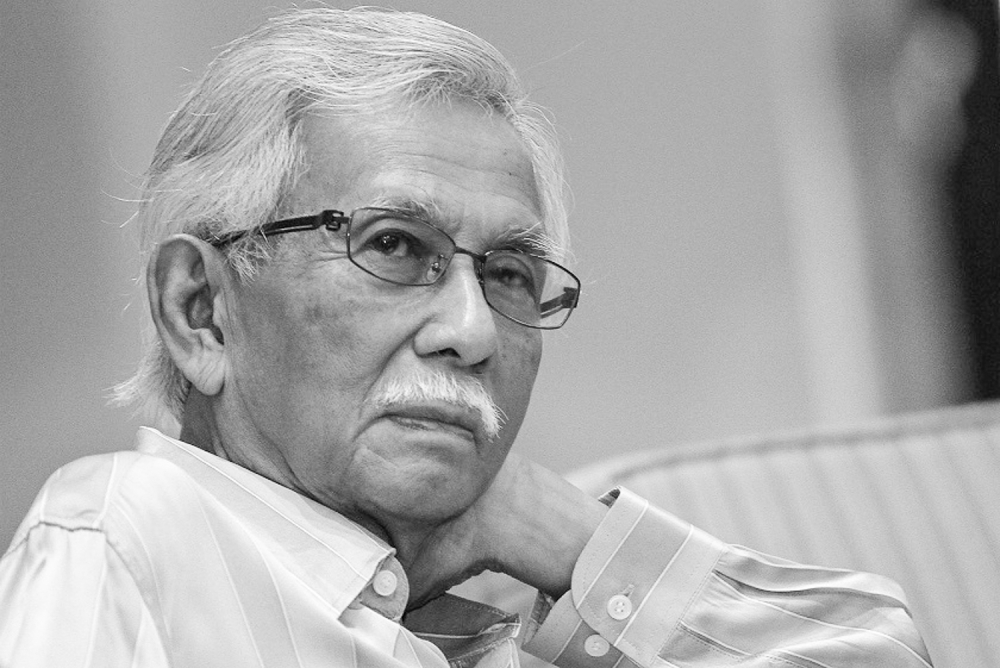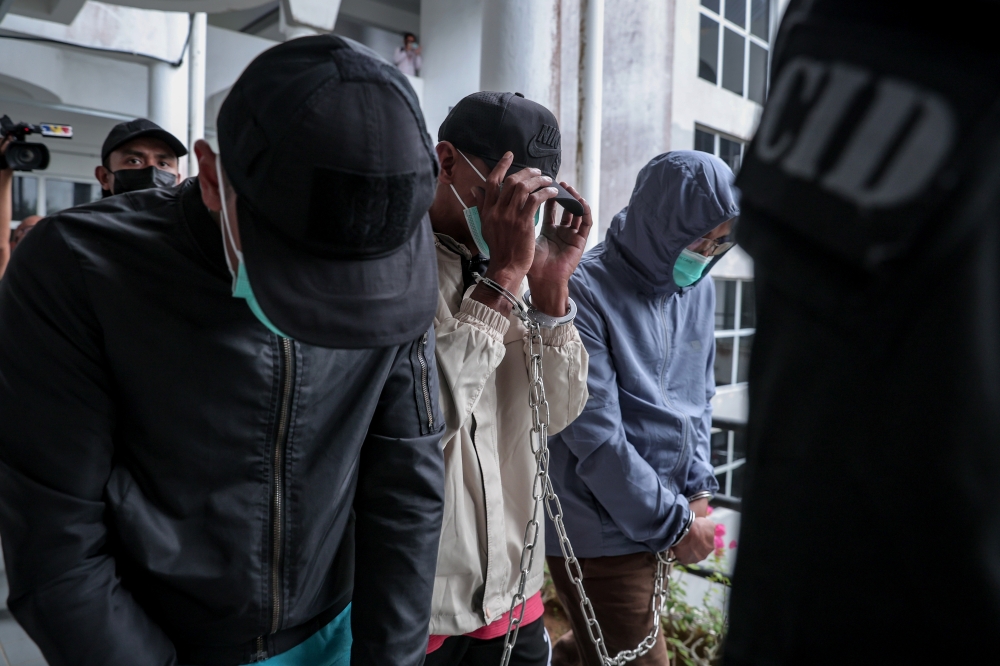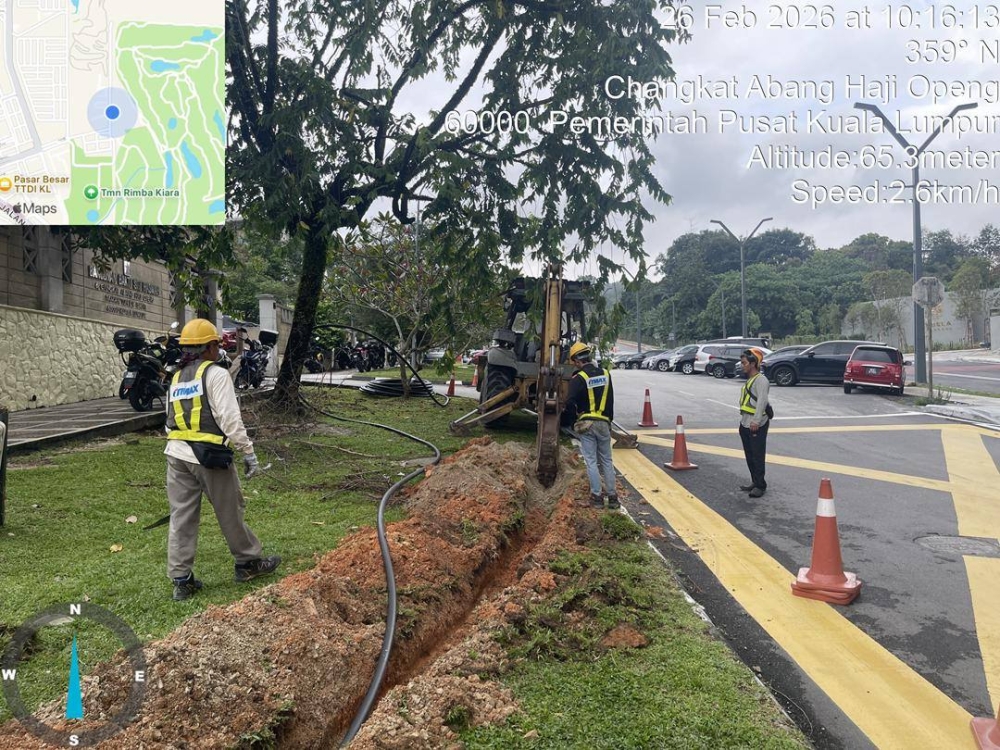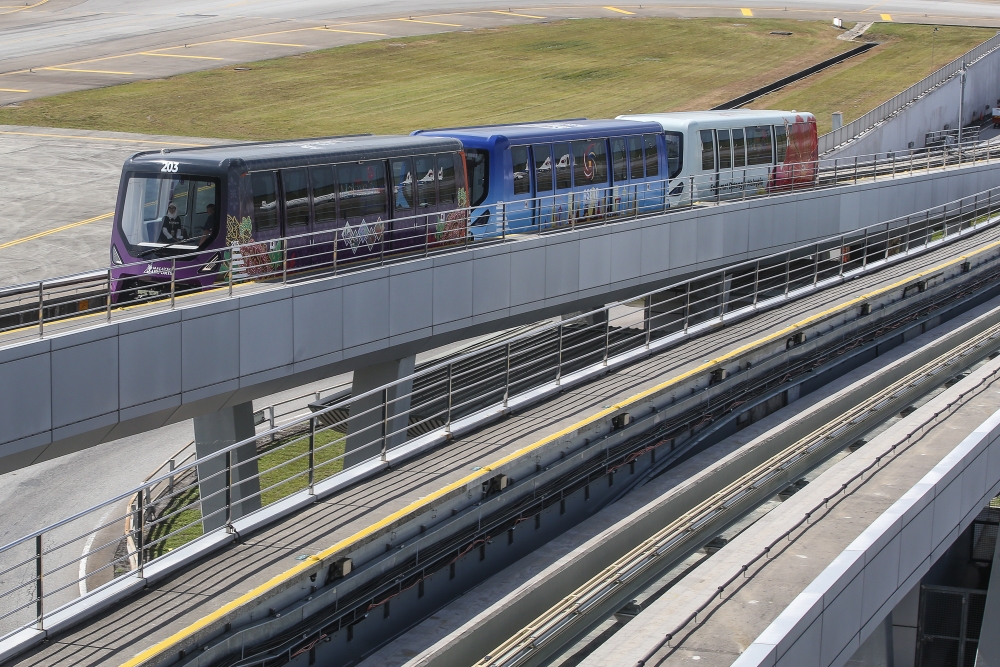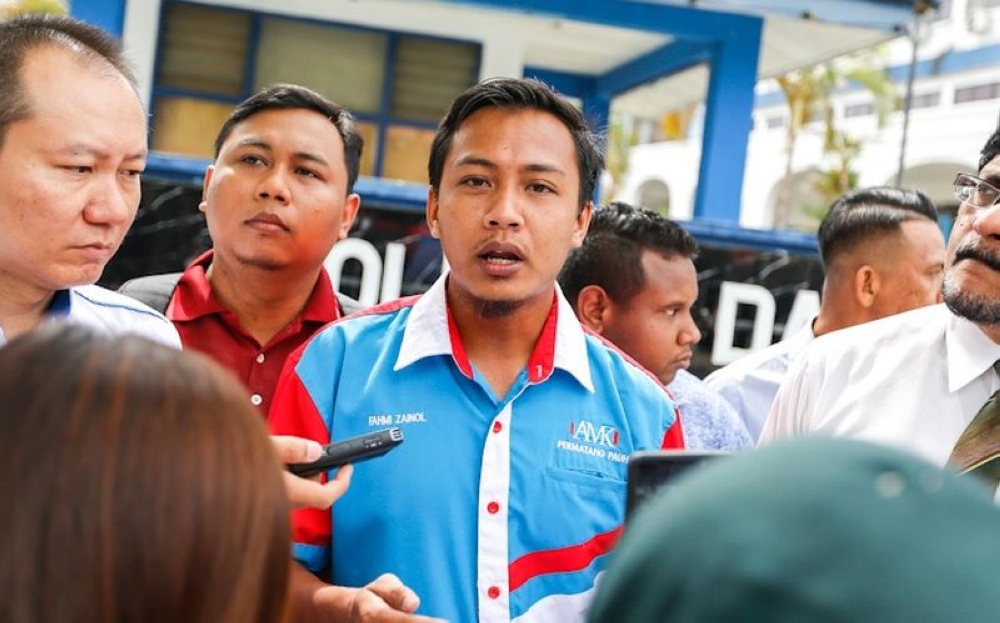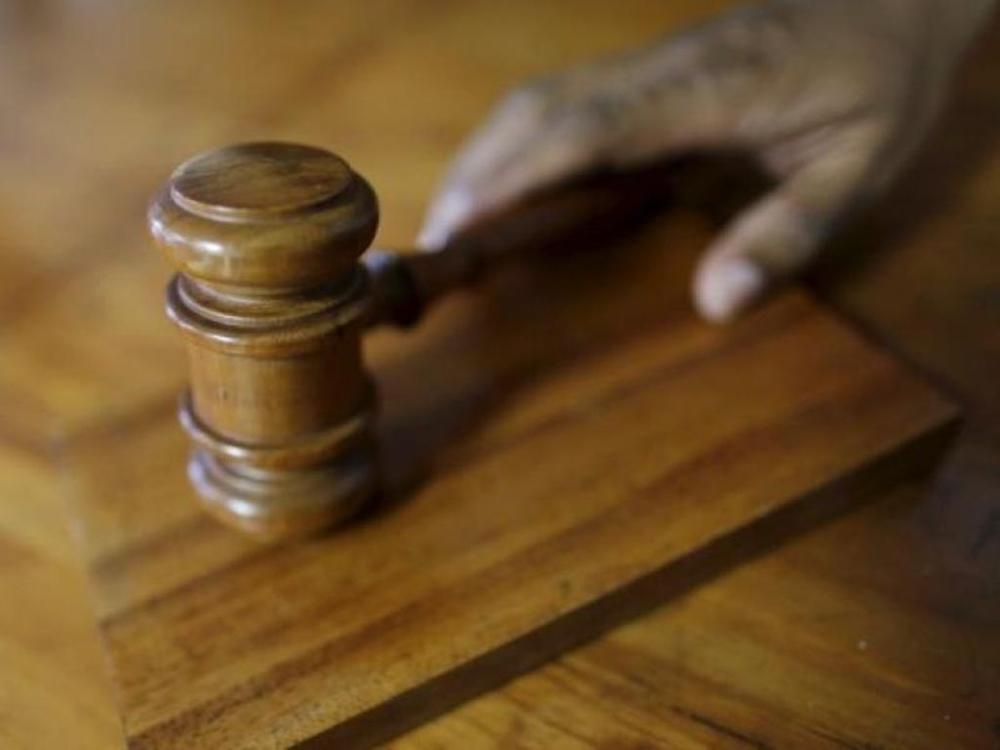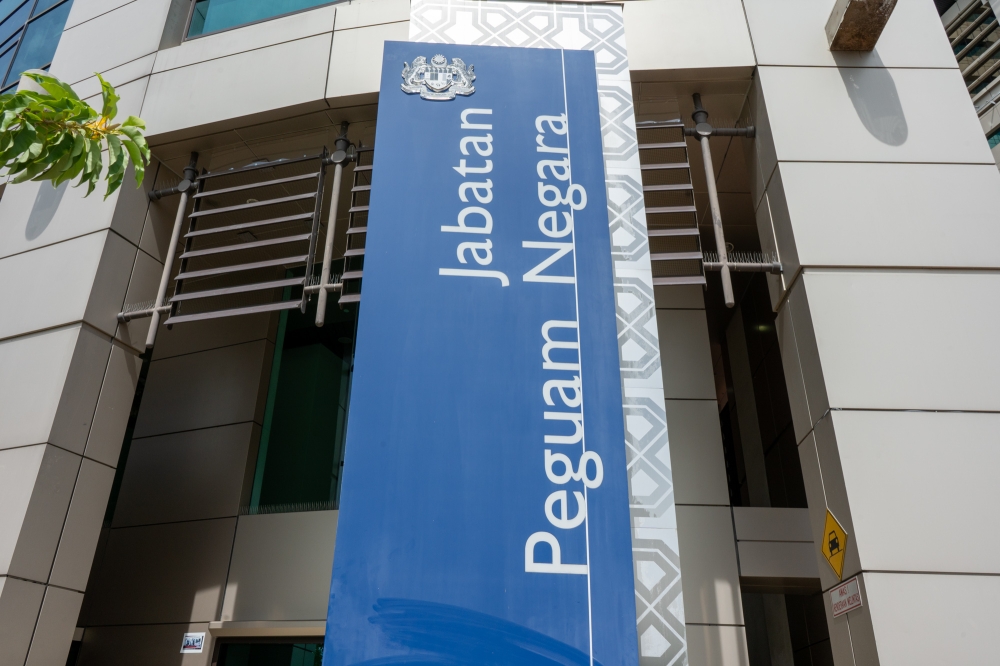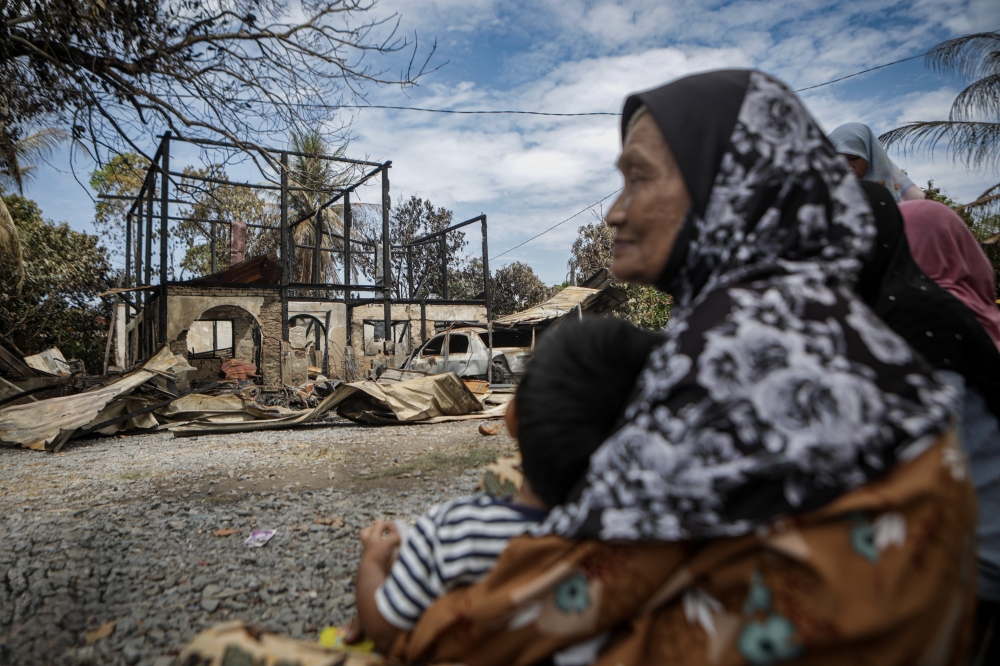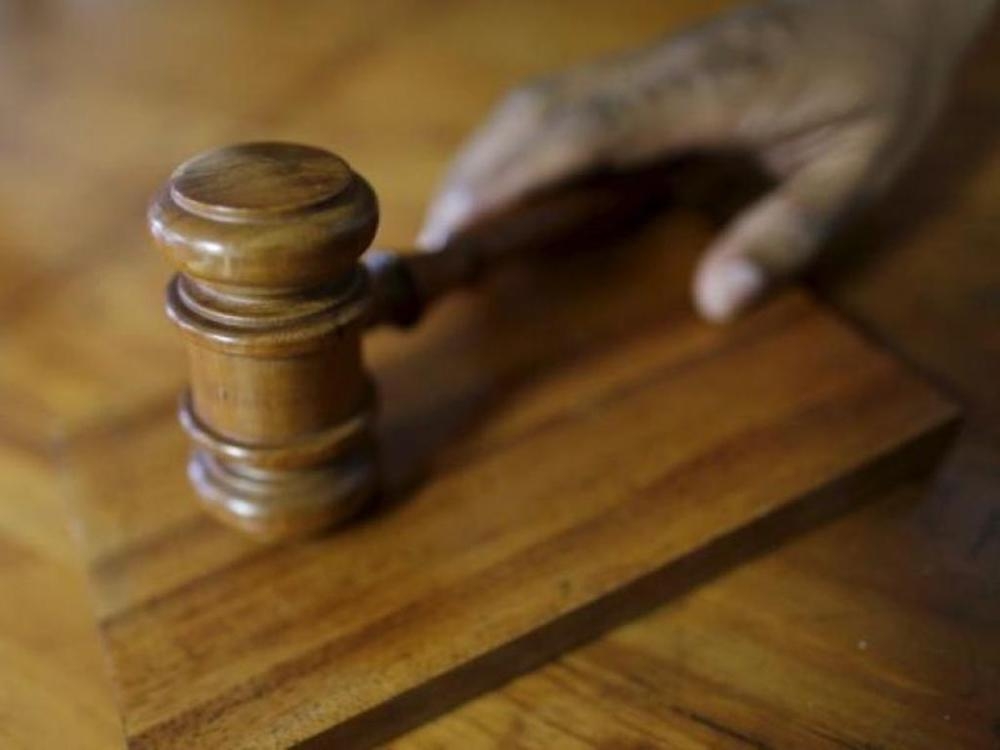KUALA LUMPUR, Dec 9 ― Kinabatangan MP Datuk Seri Bung Moktar Radin today said he was prepared to be the first person in Malaysia to be tested with a Covid-19 vaccine.
“To respond to Sarikei’s challenge, I offer to be the first person to be tested with this vaccine if there is (one); I’m not afraid because I want to be healthy,” he said while debating the Budget 2021’s allocation for the Health Ministry at the committee stage.
Bung Moktar was responding to Sarikei MP Wong Ling Biu’s debate speech on the Budget 2021 allocation for the Health Ministry.
Wong had detailed the experiences that he, his wife and his son faced after contracting Covid-19 previously, which included hospitals' initial rejection for verification tests on him and his wife.
He also said his national athlete son, Jackie Wong, had been kept in hospital for 73 days when the Covid-19 virus had already died in his body.
Jackie was discharged in May after the Health Ministry issued a new protocol based on World Health Organisations where Covid-19 patients are allowed to return home after 14 days of treatment as they are considered non-infectious, with Jackie also explaining that blood test results that still detected the dead virus in his body showed however that he was no longer infectious to others.
Wong then asked who would be test subjects for Covid-19 vaccines to be used in Malaysia.
“I feel that my family including me had become test subjects when we were verified to be Covid-19 positive. If we already have that vaccine, who will become the next test subject?
“The citizens outside have proposed that it be tested first on politicians or the country’s leaders to ensure the effectiveness of the vaccine before it is given to the public. Are we already prepared?” Wong had asked in concluding his speech.
Wong was formerly a Covid-19 patient who had spent 79 days under hospitalisation, including 42 days under coma.
In recounting his experience, Wong said he was told by a doctor in Sarikei, Sarawak that he only had ordinary fever prior to testing positive for Covid-19, but that he had decided to meet a specialist doctor in a private hospital in Sibu a week later as he was still dubious about his own health condition but noted that the doctor had told him he only had ordinary fever.
“I still didn’t believe it and referred to Sarikei Hospital to apply for Covid-19 test. I was told at that time that that hospital did not have the facility for Covid-19 screening tests. I still insisted on taking that test because I felt doubtful and felt that I have symptoms of being infected with Covid-19.
“The next day I went to the Sibu Hospital but they also refused to do that test because I did not have direct contact with Covid-19 patients.
“On the night I was admitted to the Sibu Hospital, I was already in a coma. Imagine if I didn’t insist on doing Covid-19 screening test, I may have already died at home, because the doctors verified that I only had ordinary fever,” he said of his hospitalisation that started in March before ending 79 days later.
“At that time, the situation was quite chaotic after Covid-19 spread in our country. After I was verified to be positive, my wife and son carried out screening in Sarikei. Blood samples were taken and sent to Kuching Hospital for testing and verification.
“Kuching Hospital refused to carry out testing on my wife with the reason that my wife did not have Covid-19 symptom, so my wife went to a private hospital in Sibu to do that screening test and she was verified as positive,” he said when relating the confusing experience that his family had faced.
Among other things in Wong’s debate speech, he had asked if Malaysia’s health practitioners were ready for the side-effects of Covid-19 vaccines, and if there was knowledge and expertise about such potential side-effects.
Wong also asked if the Pfizer-BioNTech vaccine for Covid-19 that Malaysia would be purchasing and which would be delivered to Malaysia next year had already been tested in countries with tropical climates, while also highlighting potential issues that could arise from the delivery and storage of the vaccine for hospitals that also serve rural areas such as Hospital Sarikei as the Pfizer-BioNTech vaccine required -70 degree Celsius storage.
About Covid-19 vaccines for Malaysia
On November 27, Prime Minister Tan Sri Muhyiddin Yassin announced that Malaysia had on November 24 signed a preliminary deal with Pfizer to buy 12.8 million doses of Covid-19 vaccine — sufficient for 6.4 million persons or 20 per cent of Malaysia’s population. The 12.8 million doses are expected to be delivered quarterly next year in installments of one million doses (first quarter 2021), 1.7 million (second quarter), 5.8 million (third quarter), 4.3 million (fourth quarter).
While the government plans to provide Covid-19 vaccination for free to Malaysians with a priority on frontliners, senior citizens and high-risk groups but would charge foreigners a fee for such vaccination, Malaysia will only start using such vaccines if approved by the country’s National Pharmaceutical Regulatory Agency (NPRA).
Muhyiddin also said that the Health Ministry would this month begin Phase III trials involving 3,000 participants for the Covid-19 vaccine developed by China’s Chinese Academy of Medical Science’s Institute of Medical Biology through a government-to-government initiative, with local authorities to review the vaccine’s safety profile and the research protocol before the clinical study starts here.
Muhyiddin added that the Malaysian government is actively negotiating with 10 of the 12 developers of Covid-19 vaccine candidates that are already in Phase III trials, with plans to buy the vaccines from multiple sources to ensure supply for at least 60 per cent of the Malaysian population or 18 to 19 million persons.
Minister Khairy Jamaluddin said on November 27 that the government is working to secure Covid-19 vaccine doses for an initial target of 70 per cent of Malaysia’s population to achieve herd immunity, with 20 per cent already secured through the Pfizer deal and 10 per cent also secured through a US$22,656,200 (about RM92.3 million) payment by Malaysia for the Covax facility — an international initiative by Gavi, the Vaccine Alliance, the Coalition for Epidemic Preparedness Innovations, and the World Health Organisation.
On November 30, Khairy declined to disclose the Pfizer vaccine’s price due to a non-disclosure agreement but said it would be less than RM100 per dose. He also explained that Pfizer will handle and deliver shipments directly in relation to the ultra-cold supply chain needed, and assured that Malaysia’s universities and research institutes have ultra-low temperature freezers that can be redeployed if needed to store the vaccines while also noting that the country’s storage plans would take into account the staggered delivery schedule of the 12.8 million doses.
On December 2, Health director-general Tan Sri Dr Noor Hisham Abdullah said the Health Ministry will monitor the emergency use of Pfizer-BioNTech’s vaccine in the UK including its effectiveness and any possible side-effects, and that Malaysia will wait for the results of the Phase III studies before deciding and also stressed that all vaccines must be reviewed by the NPRA with no exceptions for emergency use.
On December 2, Pfizer said it has expertise in cold-chain shipping and the established infrastructure required for the vaccine’s distribution, including distribution hubs that can keep the vaccines for up to six months.
On the same day, both Pfizer and BioNTech said they had developed specially-designed temperature-controlled shippers that can maintain the -70 degrees Celsius temperature recommended to store the vaccines with just dry ice, and that these shippers can keep this temperature for 10 days if unopened which would enable global transportation. A GPS-enabled thermal sensor in each shipper will enable continuous and round-the-clock location tracking and the monitoring of temperature of each vaccine shipment.
The shippers can be used as a temporary storage solution once opened at vaccination centres to keep the -70 degrees Celsius temperature for up to 30 days with re-icing every five days, while the thawed vaccine vial can be kept for up to five days at refrigerated conditions of 2 to 8 degrees Celsius.

